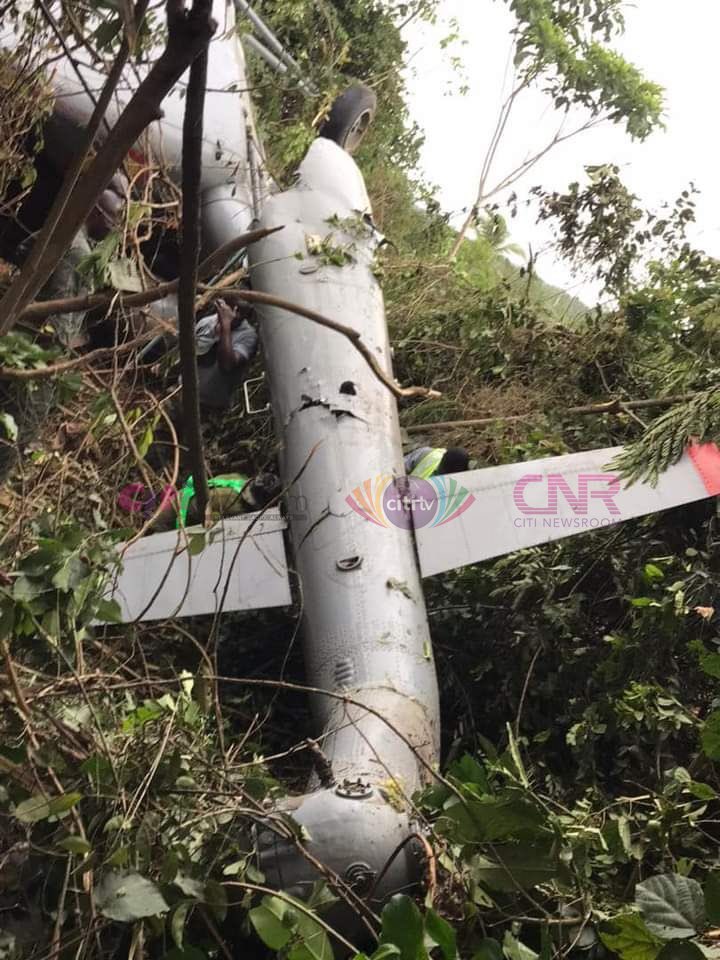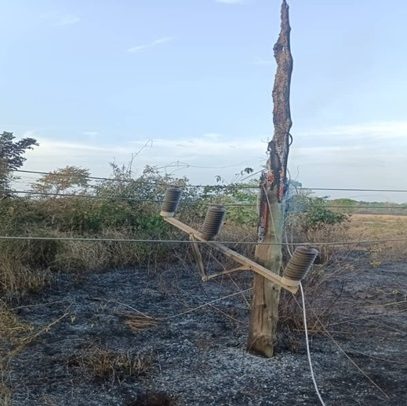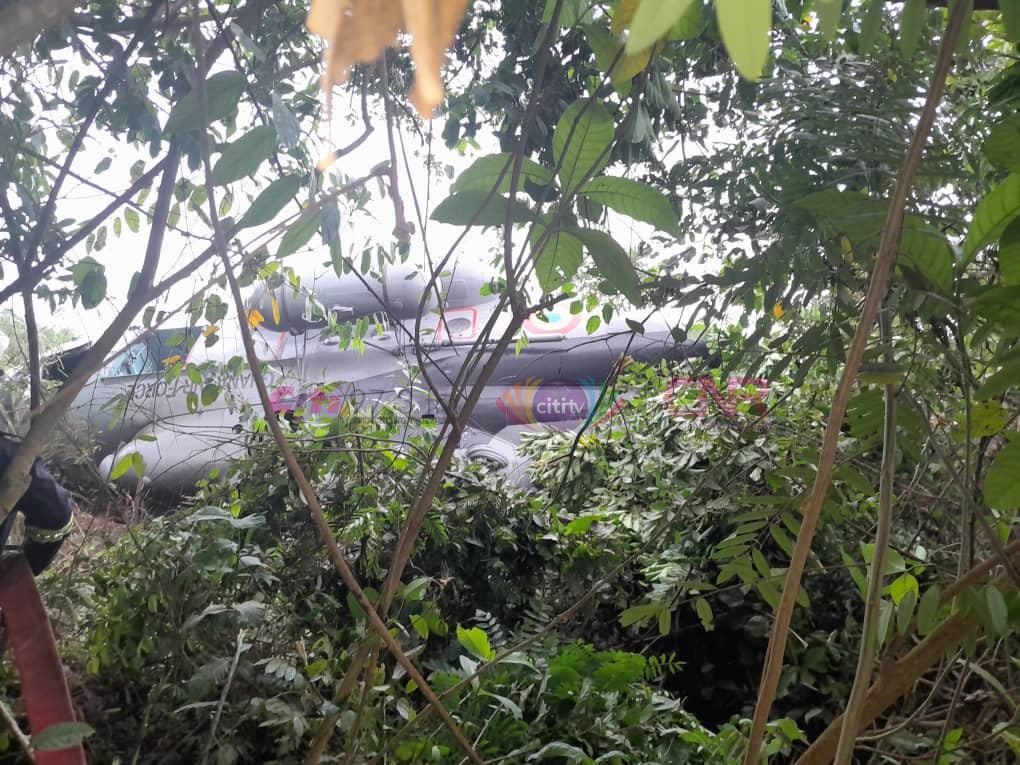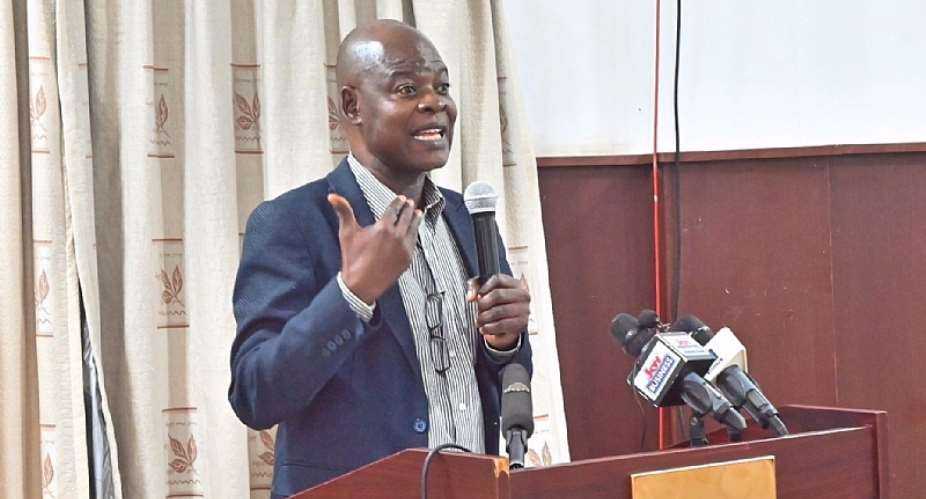
By Juliet Aguiar DUGBARTEY, Abura
Western Regional Minister Joseph Nelson has urged the Tree Crop Development Authority (TCDA) to take urgent steps to address persistent shortages of raw rubber for local processors, warning that the situation threatens the country’s industrialisation drive and the 24-hour economy agenda.
Speaking during a visit to Ghana Rubber Estates Limited (GREL), the minister said it was unacceptable that processing plants were starved of raw materials despite adequate supply in the system.
“Price setting alone is not enough. Without an active mechanism to guarantee raw material delivery, both farmers and processors suffer and national policy risks collapse,” he cautioned.
He stressed that while farmers’ livelihoods must be protected, the sustainability of the entire value chain is critical: “Processing plants need raw materials to add value, and that value must reach the market. Otherwise, the benefits of our rubber industry and the 24-hour economy will be undermined”.
GREL’s role and investments
GREL Managing Director Thierry Cauchy highlighted the company’s contribution to the economy through investment, employment and tax revenue, despite mounting operational pressures.
GREL is majority-owned by natural rubber group SIPH (64%), with the government holding 26.75 percent and New Ghana Limited 9 percent.
Operating across the Western, Central and Eastern Regions, GREL runs two factories at Apemanim and TISBU, with combined capacity of 90,000 tonnes per year, expandable to 140,000 tonnes. Since 2018 the company has invested more than GH¢840 million, including a second factory, partly financed through a capital injection from government and SIPH.
In 2024 alone, GREL paid nearly GH¢70 million in taxes, earning recognition from the Ghana Revenue Authority in Takoradi as one of the nation’s top contributors.
Pricing distortions
Mr. Cauchy said the country produces about 90,000 tonnes of rubber annually, over 70,000 tonnes from outgrowers, but local processors face competition from exporters offering higher prices.
“Exporters pay negligible tax, employ few people and bear little overhead. Every kilogram exported is lost employment and lost opportunity for local processing,” he argued.
Head of Corporate Affairs at GREL, Perry Acheampong added that out of six processing factories in Ghana, one has collapsed and another is underutilised due to lack of raw material. He warned that without regulatory intervention, investments in processing capacity will continue to be undermined.
“At full capacity our factory could employ more than 1,300 workers, yet only 570 are engaged today. We need authorities to act decisively to protect local industry, support employment and ensure value addition, in line with the President’s vision,” he said.
GREL alone has the installed capacity to process all the raw rubber produced in Ghana and so adding the installed capacity of other rubber processing factories, it clearly shows that Ghana has more installed processing capacity than raw material available, Hence the need to ensure that everything is processed in Ghana to add value for foreign exchange earnings.
In 2024, the foreign exchange earnings was US$98million as against a potential of US$160million. It is expected to reduce further due to raw rubber exports in 2025.
The post W/R Minister urges TCDA to resolve raw rubber supply bottlenecks appeared first on The Business & Financial Times.
Read Full Story






















Facebook
Twitter
Pinterest
Instagram
Google+
YouTube
LinkedIn
RSS